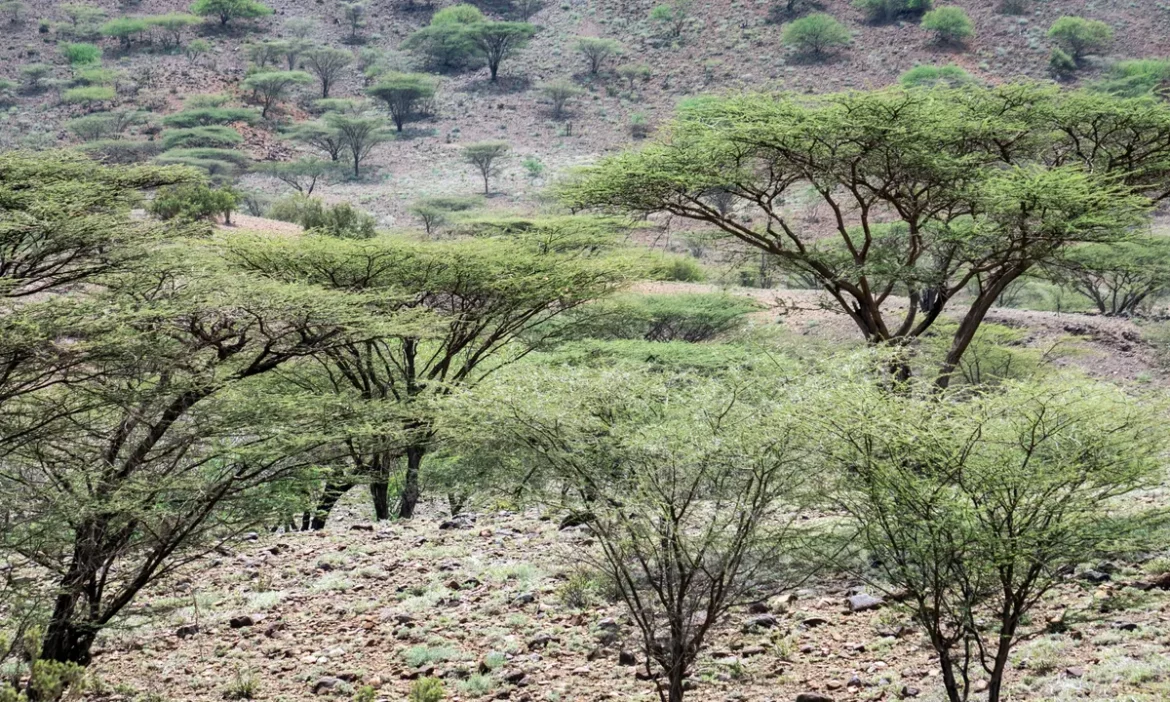Scientists have warned that misguided tree-planting projects are threatening crucial ecosystems across Africa.
This is even as research has revealed that an area the size of France is threatened by forest restoration initiatives that are taking place in inappropriate landscapes.
One project in particular, which is known as the African Forest Landscape Restoration Initiative, aims to plant trees across 100m hectares (247m acres) of land by 2030. Scientists have warned that the scheme plans to plant trees in non-forest ecosystems such as savannahs and grasslands, potentially disrupting or destroying intact ecosystems.
Among other things, the research found that 52% of tree-planting projects in Africa are occurring in savannahs, with almost 60% using non-native tree species, which also brings the risk of introducing invasive species.
The researchers say that the misclassification of grassy ecosystems including savannahs as “forests” could lead to misplaced reforestation and destruction of these ancient grasslands. The definition currently used by the UN’s Food and Agriculture Organization defines forests as areas of land spanning more than 0.5 hectares with trees higher than 5 metres, with tree canopy cover of at least 10%.
Under this definition, open-spaced ecosystems with trees, such as savannahs, would be classified as forests and would meet the required standards for reforestation – even if they were not appropriate.
Read also: NNPC/TotalEnergies JV Achieves Zero Gas Flare
The addition of more trees to these areas creates more canopy cover and decreases the amount of light that can reach the ground below, which can change the grassy environment of the savannah. This could be a risk to wildlife such as rhinos and wildebeest, as well as people who depend on these ecosystems.
“We must act to avoid a situation where we cannot see the savannah for the trees, and these precious grassy systems are lost irrevocably,” wrote the authors.
Kate Parr, who is a professor of tropical ecology at the University of Liverpool and an author of the study, published in the journal Science, said: “Restoration of ecosystems is needed and important, but it must be done in a way that is appropriate to each system. Non-forest systems such as savannahs are misclassified as forest and therefore considered in need of restoration with trees.
“There is an urgent need to revise definitions so that savannahs are not confused with forest because increasing trees is a threat to the integrity and persistence of savannahs and grasslands.”
Dr Nicola Stevens, a researcher in African environments at the University of Oxford and co-author of the paper, said: “The urgency of implementing large-scale tree planting is prompting funding of inadequately assessed projects that will most likely have negligible sequestration benefits and cause potential social and ecological harm.”
Story was adapted from the Guardian.
